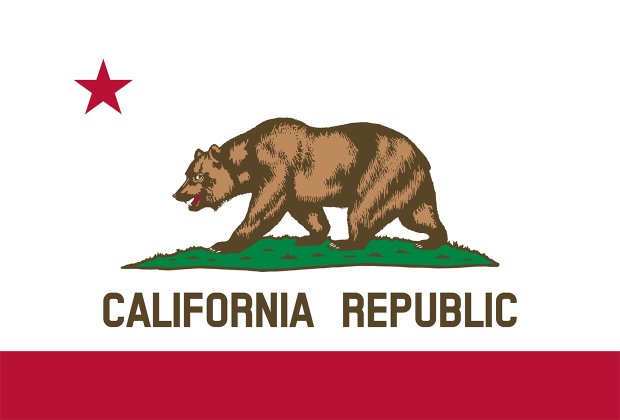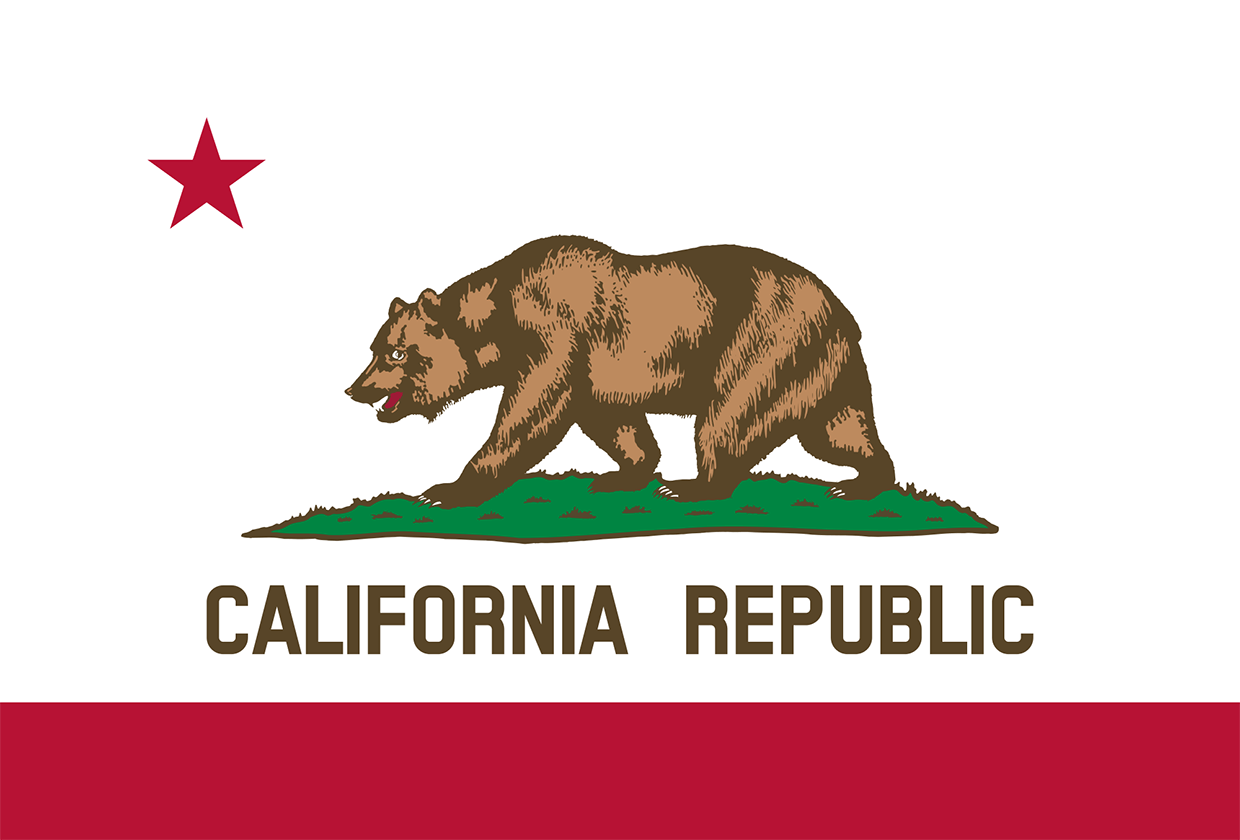California voters have approved a proposition that will ban the sale of most flavored tobacco products and all flavored vaping products, though handmade cigars with a wholesale price of at least $12 will be exempt.
It’s the latest development in a saga that began more than two years ago when Gov. Gavin Newsom signed SB 793 into law in August 2020. That bill banned the sale of most flavored tobacco products and all flavored vaping products, though with some exceptions. Loose leaf tobacco like pipe tobacco or shisha tobacco can still be flavored. Furthermore, a handmade cigar that uses a tobacco leaf wrapper and has a wholesale price of at least $12 may also be flavored under the law.
Update (Nov. 10, 2022) — R.J. Reynolds and others have filed a lawsuit against SB 793.
Shortly after Newsom signed the bill, two different approaches began to stop the bill from taking effect. First, lawsuits were filed. Second, an effort to repeal the law by ballot referendum was launched. A ballot proposition allows California voters to both enact new legislation and repeal new laws passed by the legislature and signed into law by the governor, if enough signatures can be gathered to get the issue on the ballot. Notable examples including Prop 8, which sought to ban gay marriage, or Proposition 64, which sought to legalize recreational marijuana use in the state.
Proposition 31, the ballot question that would either uphold or repeal the ban on SB 793, was placed on the ballot of the 2022 general elections that took place on Tuesday, Nov. 8. It was one of seven ballot measures that garnered enough signatures—either 5 or 8 percent of the number of people who voted in the most recent election for governor—to make it on the ballot in 2022. Other initiatives ranged from the legalization of sports betting to new laws for dialysis clinics.
Around 12:00 a.m. EDT, the Associated Press called the race, saying that most voters would answer the ballot measure—which asked whether the law should stand—by voting “yes,” ensuring the law will survive.
Barring any further legal challenges, the law will go into effect five days after the results of the general election are certified, which must take place by Dec. 16. In August 2021, a judge dismissed a federal lawsuit filed by tobacco companies against the state over SB 793.
With SB 793 going into effect, consumers should expect to pay more than $25 for a flavored cigar, or retailers will need to adjust their margins. If a retailer were to use industry-standard margins applied to both the wholesale cost and the state tax on cigars, the price would end up being more than $35 per cigar before sales tax is included, by halfwheel estimates.
California will join Massachusetts as the second state to do a near-total statewide flavor ban. Massachusetts’ ban, which went into effect in June 2020, includes an exemption that allows “smoking bars” to continue to sell flavored tobacco and vaping products for on-site consumption.
In April, the U.S. Food & Drug Administration said it intended to ban all flavored cigars and menthol cigarettes, processes that are expected to take years and eventually be met with expensive and prolonged litigation before they would go into effect.
Update (Nov. 10, 2022) — Clarified the date when the law might go into effect.


